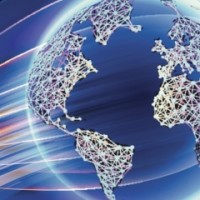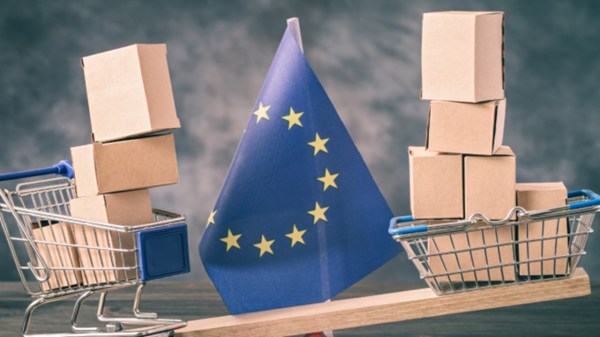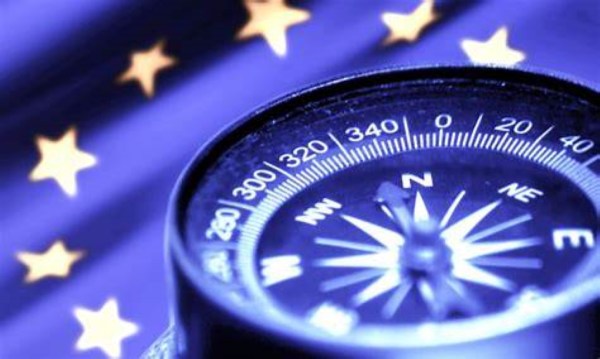 Chema Alonso
Chema Alonso
Chief Data Officer, Telefonica.
 The digital divide between the first world and the others persists despite the efforts of governments and institutions.
The digital divide between the first world and the others persists despite the efforts of governments and institutions.
However ICTs are, at the same time, the opportunity and the appropriate tool for developing countries to overcome poverty and exclusion and to advance in the social and economic development. ICTs can improve production processes, increase the value added of the economy and strengthen the education of the population, improving to citizens the access to basic and essential services with high quality.
ITU, the UN agency specializing in Telecommunication, is responsible for its development, so devoted considerable efforts to promote ICTs among the least developed countries. Specifically the Development Sector (ITU-D) is devoted to this work and its World Conference held every four years provides an action plan with clear objectives to achieve and defining priorities and guidance for the work programme of the ITU-D over the next four-year period.
The sixth World Telecommunication Development Conference (WTDC-14) just finished, under the theme “Broadband for Sustainable Development”. It attracted over 1300 participants from 137 countries, including Administrations of Members States, as well as private sector, civil society and regional and international organizations.
The objectives outlined in the Dubai Action Plan are:
1.To foster international cooperation on telecommunication and ICT issues
2.To foster an enabling environment conducive to ICT development and foster the development of ICT networks as well as relevant applications and services, including bridging the standardization gap
3.To enhance confidence and security in the use of ICTs and roll out of relevant applications and services
4.To build human and institutional capacity, promote digital inclusion and provide concentrated assistance to countries in special need
5.To enhance climate change adaptation and mitigation, and disaster management efforts through telecommunications and ICTs
The final The Dubai Declaration states that “Universal and affordable access to telecommunications and information and communication technologies is essential for the world’s economic, social and cultural development, and contributes to building a global economy and information society. Widespread access to and accessibility of telecommunications and information and communication technologies applications and services provide new socio-economic opportunities for all people.”
Some observers feared that some of the strength debates and differences held during the celebration of the World Conference on International Telecommunications (WCIT), – see previous posts – also held in Dubai in late 2012, which aimed to renew the 1988 Treaty on International Telecommunication Regulations (ITR) is revived. Objective considered failed by many since it was signed by only 89 countries. However, it was not, it seemed a different world of 2012, although many of the assembled representatives of countries were the same.
Numerous Resolutions were adopted in the Conference on key issues for developing countries, like: promoting digital inclusion, capacity building, emergency telecommunication in case of emergencies, climate change monitoring and mitigation, strengthen infrastructure and institutions in developing countries, emerging telecommunication policy and regulatory issues, building confidence and security in the use of telecommunications/ICTs, spectrum management, telecommunication/information services in rural areas and indigenous communities, etc., as well as specific support for special cases in some countries.
In this Conference it can be highlighted a spirit of cooperation between countries, searching solutions and plans to help to reduce the digital divide, although the United States wanted to make clear in a statement that Internet governance refers not only to the decisions that affect the Internet’s growth and development, but the manner in which those decisions are made, so they are a staunch supporter of the multistakeholder model of Internet governance, which ensures the participation of governments, industry, civil society, and the technical community in shaping Internet policy.









